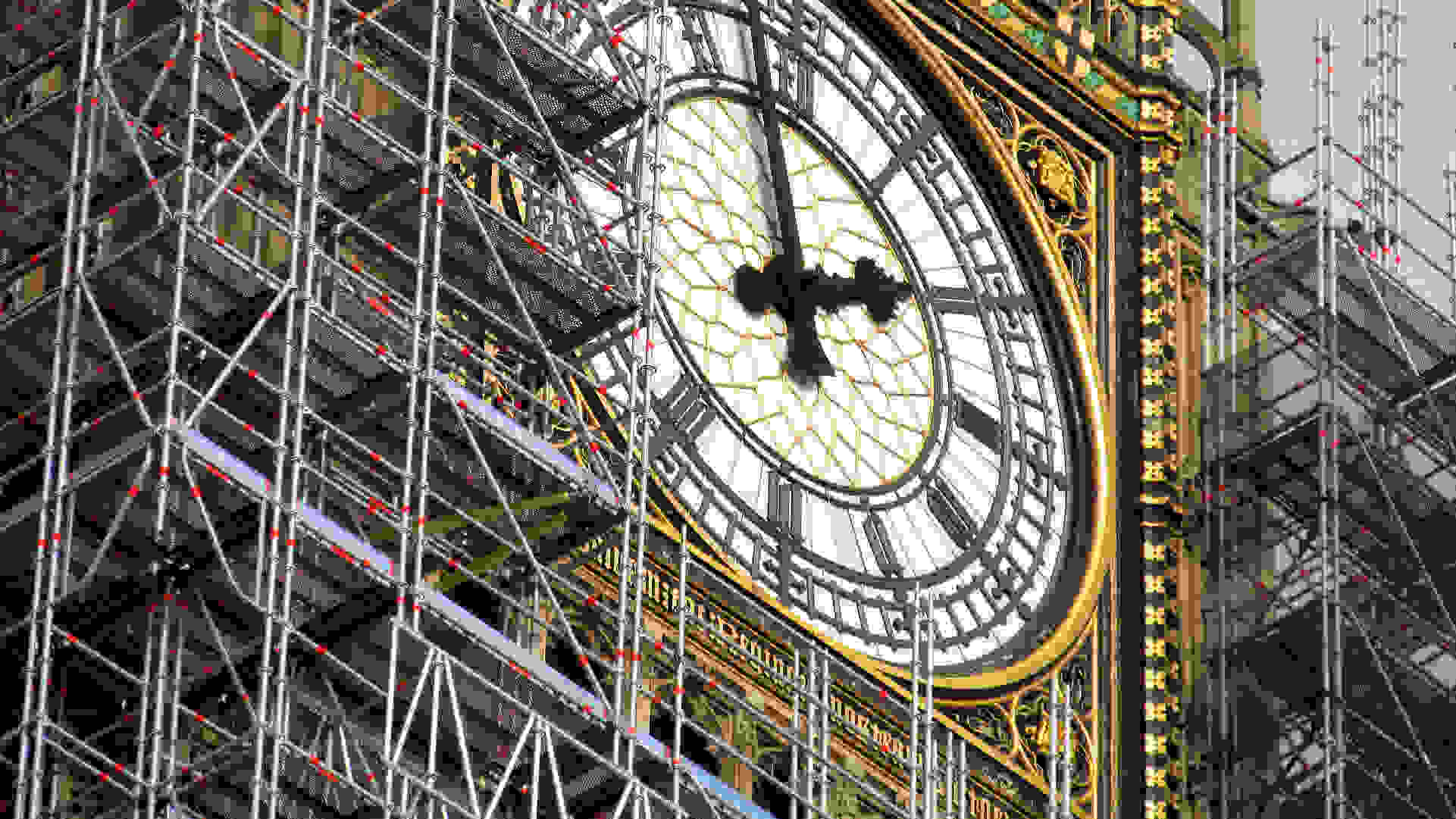Blog / Westminster Restoration and Renewal: a year on from the Commons vote to proceed
It's a year since the House of Commons voted to proceed with the proposed multi-billion-pound refurbishment of the dangerously dilapidated Palace of Westminster. The vote was a clear step forward, and considerable progress has been made since, but the tight vote and opposition to full decant among Conservative MPs suggest the path ahead could remain rocky.









